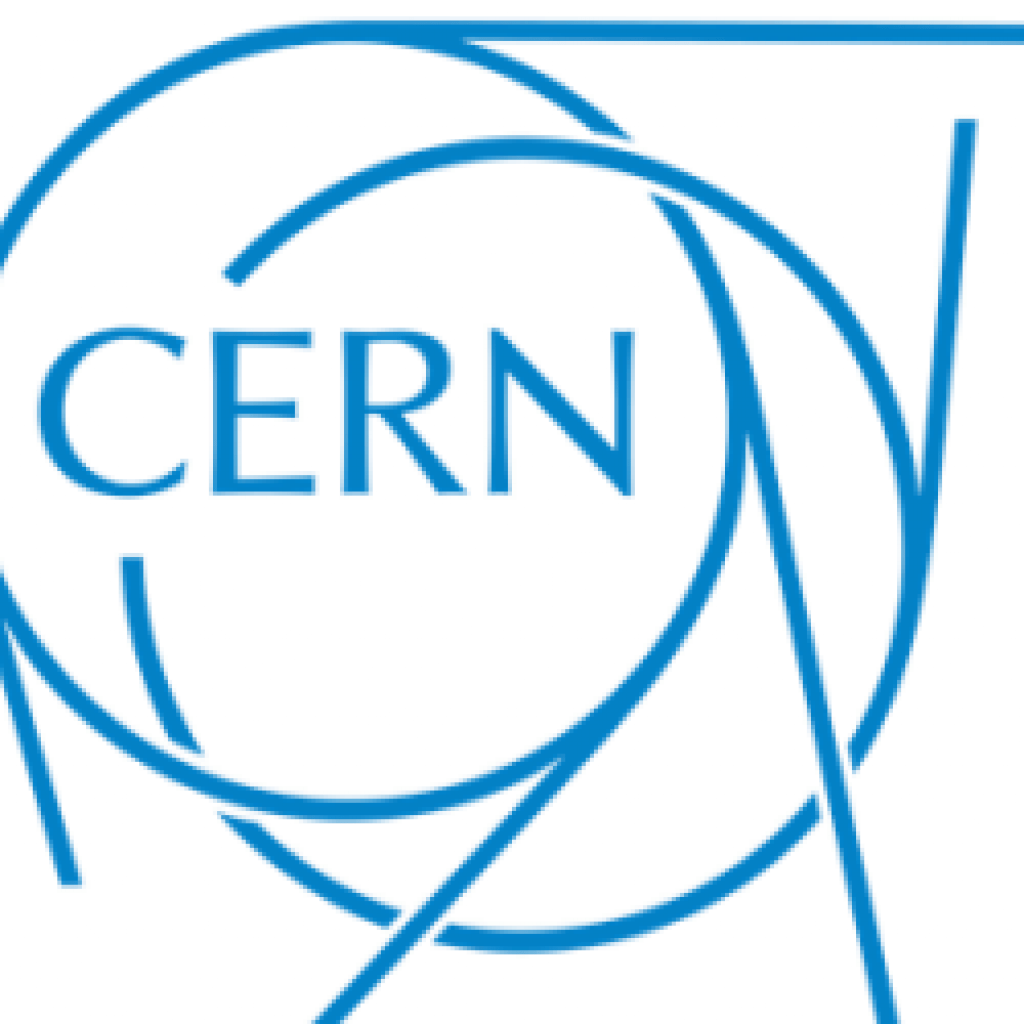(ZD.Net) The Large Hadron Collider (LHC), is operated by CERN, the European laboratory for particle physics. To better understand the mountains of data produced by such a colossal system, CERN’s scientists have been asking IBM’s quantum team for some assistance.
The partnership has been successful: in a new paper, which is yet to be peer-reviewed, IBM’s researchers have established that quantum algorithms can help make sense of the LHC’s data, meaning that it is likely that future quantum computers will significantly boost scientific discoveries at CERN.
With CERN’s mission statement being to understand why anything in the universe happens at all, this could have big implications for anyone interested in all things matter, antimatter, dark matter and so on.
The LHC is one of CERN’s most important tools in understanding the fundamental laws that govern the particles and forces that make up the universe. Shaped as a 27-kilometer-long ring, the system accelerates beams of particles like protons and electrons to just below the speed of light, before smashing those beams together in collisions that scientists observe thanks to eight high-precision detectors that sit inside the accelerator.
Until now, scientists have been using classical machine-learning techniques to analyze raw data captured by the particle detectors, automatically selecting the best candidate events,” wrote IBM researchers Ivano Tavernelli and Panagiotis Barkoutsos in a blog post. “But we think we can greatly improve this screening process – by boosting machine learning with quantum.”
With this in mind, CERN partnered with IBM’s quantum team as early as 2018, with the objective of finding out how exactly quantum technologies could be applied to advance scientific discoveries.
IBM’s team proceeded to create a quantum algorithm called a quantum support vector machine (QSVM), designed to identify collisions that produce Higgs bosons. The algorithm was trained with a test dataset based on information generated by one of the LHC’s detectors, and was run both on quantum simulators and on physical quantum hardware.
“Our results show that quantum machine-learning algorithms for data classification can be as accurate as classical ones on noisy quantum computers – paving the way to the demonstration of a quantum advantage in the near future,” concluded Tavernelli and Barkoutsos.
IBM and CERN Working Together & Using Quantum Machine Learning to Understand Laws of Nature.
